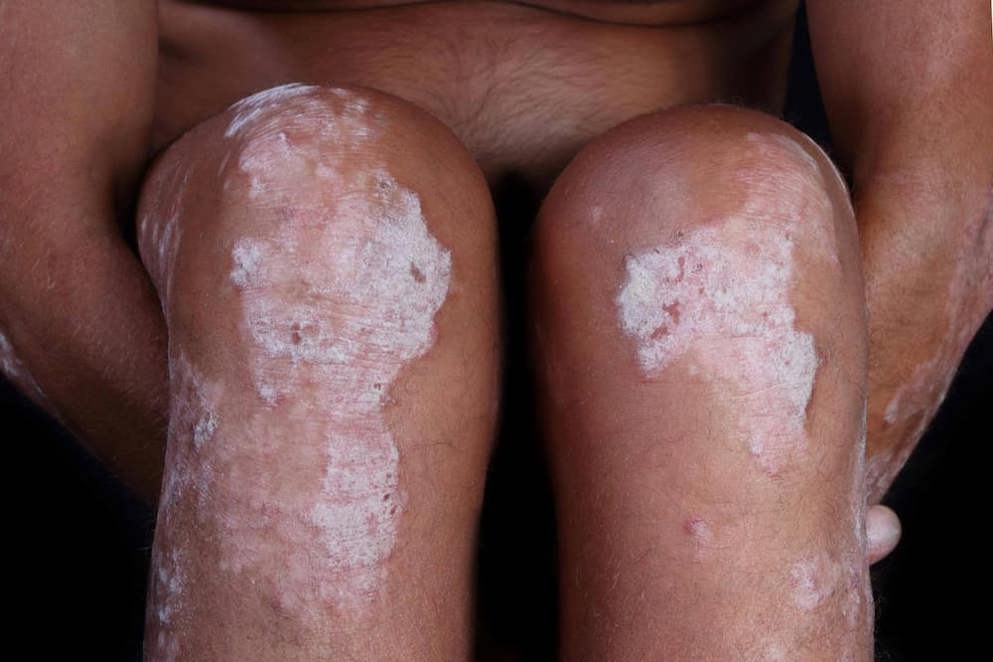Phase III AMAGINE-1 trial of Siliq shows reduced anxiety and depression in plaque psoriasis.- Ortho Dermatologics.
Ortho Dermatologics announced results from an analysis of the Phase III clinical trial AMAGINE-1, which evaluated mental health comorbidities associated with psoriasis, such as anxiety and depression after treatment with Siliq (brodalumab). Results suggested that treatment reduced anxiety and depression in patients with moderate-to-severe plaque psoriasis.
After 12 weeks of treatment, patients experienced a decrease in depression and anxiety Hospital anxiety and depression scale (HADS) scores (mean scores decreased by 2.1 and 1.8, respectively) while scores remained unaffected in those receiving placebo. Improvement in depression and anxiety HADS scores were also seen in patients who switched from placebo to Siliq after a 12 week induction phase (mean scores decreased by 2.3 and 1.7, respectively), but worsened in patients who switched from Siliq to placebo.
Results from a pooled analysis of three double-blind, placebo-controlled, Phase III clinical trials (AMAGINE-1, -2, and -3) demonstrated that the safety profile of Siliq in patients with moderate-to-severe plaque psoriasis during the second year of treatment was similar to that of the first year of treatment. Additionally, no unexpected safety signals emerged. These findings were presented for the first time at the 76th Annual Meeting of the American Academy of Dermatology (AAD).
Comment: The drug originated with Amgen which shared rights with AstraZeneca and Kyowa Hakko Kirin and despite positive trial data for psoriasis and psoriatic arthritis Amgen withdrew from the collaboration after reports of "suicidal ideation and behaviour events" appeared in the programme which it felt could restrict labelling.

